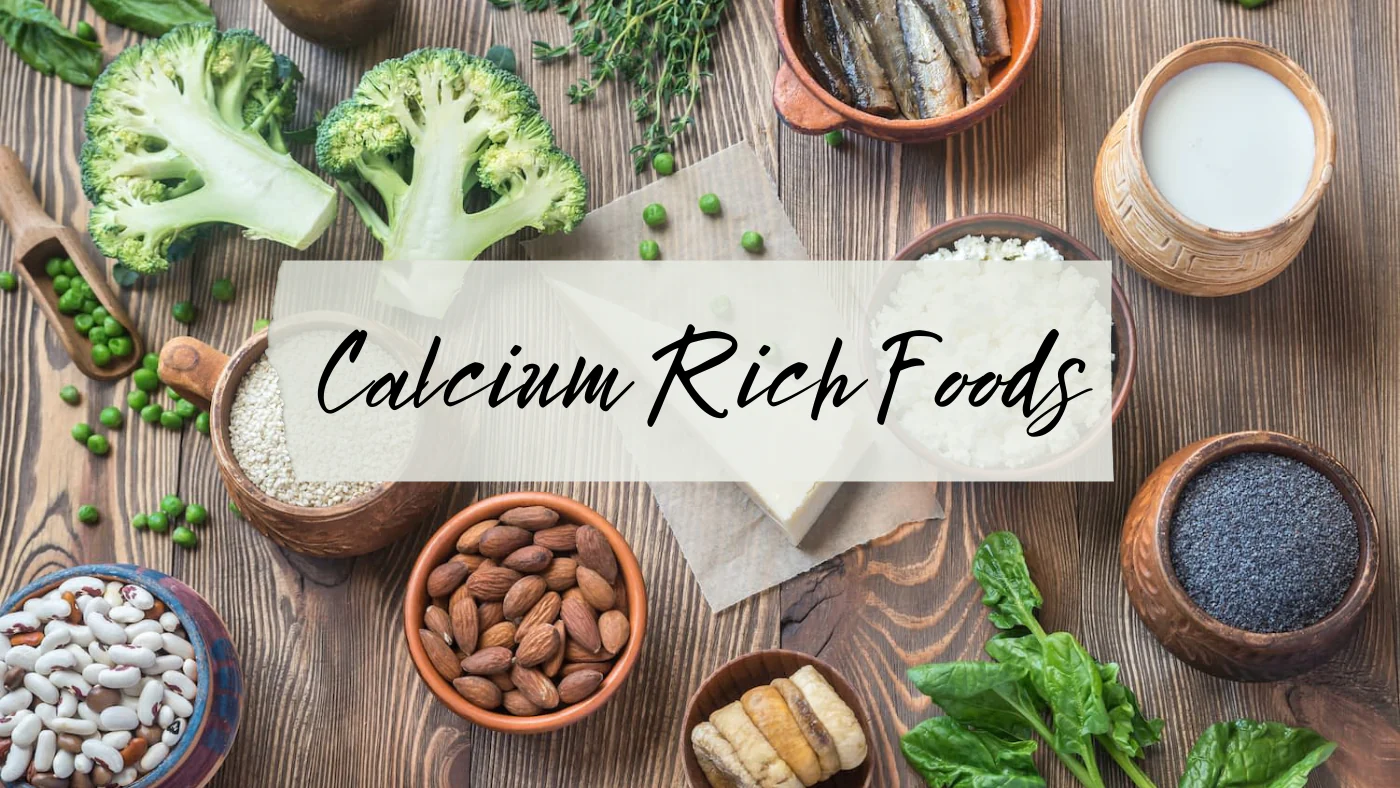Best Foods You Need to Start Consuming for Healthy Bones and Joints | 2023
In today’s fast-paced world, maintaining good bone and joint health is essential for overall well-being. Bones and joints play a crucial role in supporting our bodies, protecting organs, and facilitating movement. To ensure optimal functioning, it’s vital to consume a balanced diet rich in nutrients that promote bone strength and joint flexibility. In this article, we will explore the best foods to incorporate into your diet for healthy bones and joints.
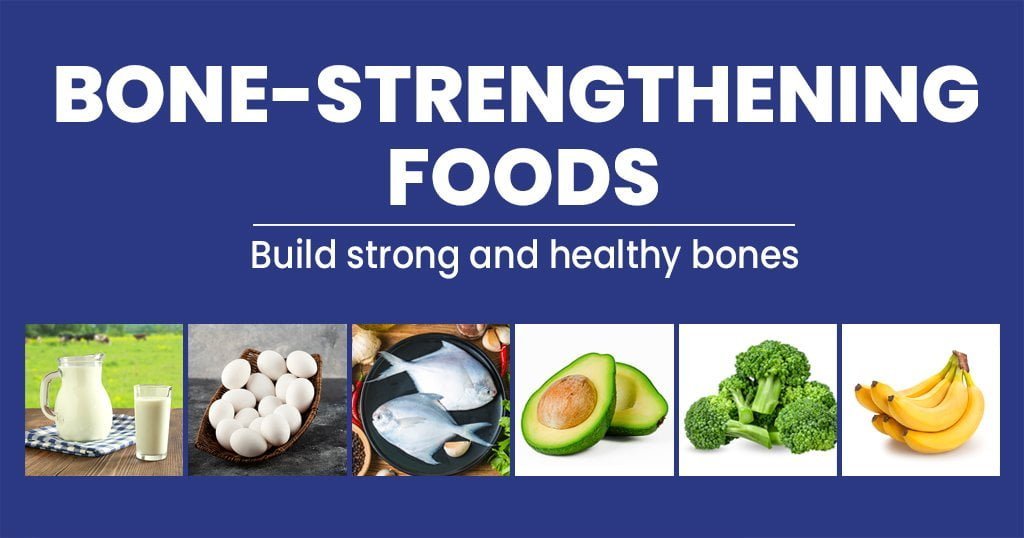
Importance of Bone and Joint Health
Strong and healthy bones and joints are the foundation of an active and fulfilling life. As we age, the risk of developing bone-related issues such as osteoporosis and joint problems increases. However, by making mindful dietary choices, we can significantly reduce the risk and maintain bone and joint health throughout our lives.
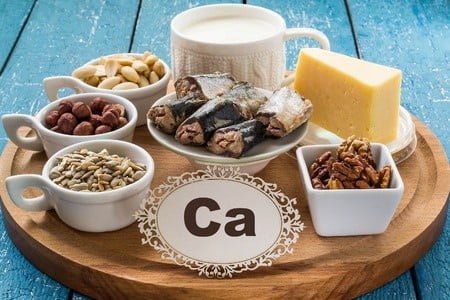
Calcium-Rich Foods
Calcium is a crucial mineral for bone health, as it provides the structural framework for our bones. Incorporating calcium-rich foods into our diet is essential to prevent conditions like osteoporosis. Dairy products such as milk, yogurt, and cheese are excellent sources of calcium. If you follow a plant-based diet, opt for fortified plant-based milk, tofu, and leafy greens like kale and broccoli.

Vitamin D Sources
Vitamin D is necessary for the absorption of calcium and plays a vital role in maintaining bone health. While sunlight is an excellent natural source of vitamin D, it may not always be sufficient. Include foods like fatty fish (salmon, mackerel), eggs, and fortified cereals in your diet to ensure an adequate intake of vitamin D.
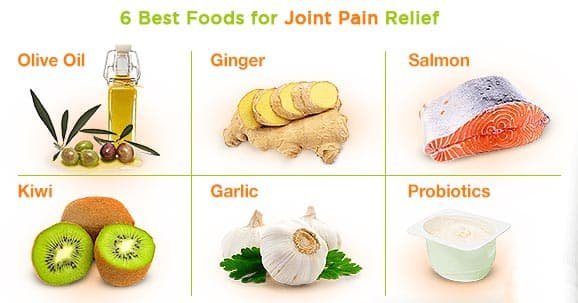
Omega-3 Fatty Acids
Omega-3 fatty acids are known for their anti-inflammatory properties and can help reduce joint pain and stiffness. Incorporate fatty fish, such as salmon and sardines, into your meals. For vegetarians and vegans, flaxseeds, chia seeds, and walnuts are good sources of plant-based omega-3 fatty acids.

Antioxidant-Rich Foods
Antioxidants play a vital role in reducing inflammation and protecting joint tissues. Berries, particularly blueberries, and strawberries, are rich in antioxidants. Additionally, colorful vegetables like bell peppers, tomatoes, and spinach should be included in your diet to support overall joint health.
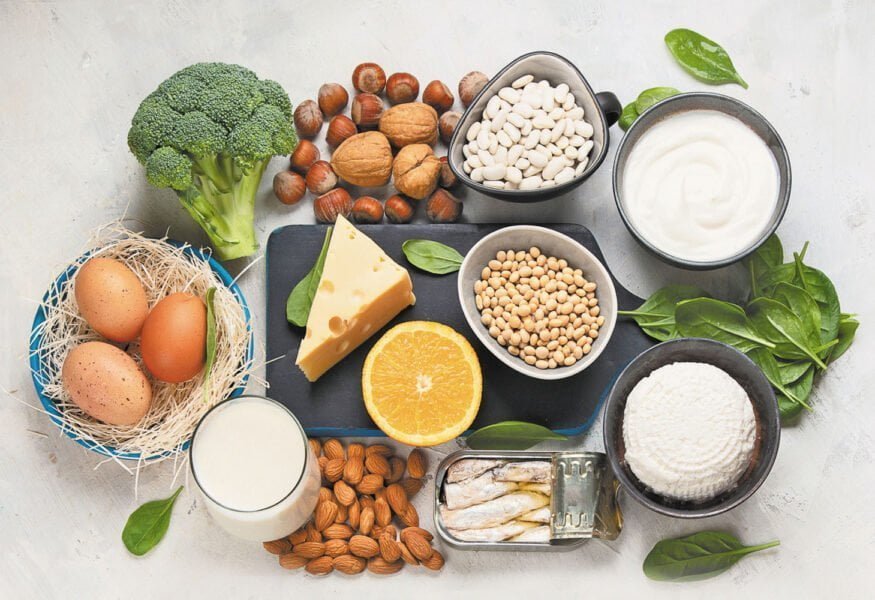
Protein for Bone Health
Protein is a key nutrient for bone strength and repair. Include lean sources of protein such as poultry, fish, legumes, and tofu in your meals. Collagen-rich foods like bone broth and gelatin can also help support joint health.
Magnesium and Potassium

Magnesium and potassium are essential minerals that contribute to bone density and overall bone health. Incorporate foods like bananas, avocados, nuts, and seeds to ensure an adequate intake of these minerals.
Foods to Avoid
While it’s essential to focus on consuming bone-healthy foods, it’s equally important to be mindful of foods that can have a negative impact on bone and joint health. Limit or avoid the consumption of processed foods, sugary beverages, and excessive amounts of salt. These foods can contribute to inflammation, bone loss, and joint discomfort.
Exercise for Bone and Joint Health
In addition to a nutritious diet, regular exercise is crucial for maintaining strong bones and flexible joints. Weight-bearing exercises, such as walking, jogging, and weightlifting, help stimulate bone formation and improve bone density. Incorporate activities like yoga and Pilates to enhance joint flexibility and range of motion. Remember to consult with a healthcare professional before starting any exercise regimen.
Conclusion
Taking care of your bone and joint health is a lifelong commitment that begins with making smart dietary choices. By incorporating calcium-rich foods, vitamin D sources, omega-3 fatty acids, antioxidants, protein, and essential minerals into your diet, you can support healthy bones and joints. Additionally, avoiding processed foods and engaging in regular exercise will further enhance your bone and joint health.
FAQs (Frequently Asked Questions):
FAQ 1: Can certain foods help in preventing bone loss?
Yes, certain foods can help prevent bone loss. Calcium-rich foods, vitamin D sources, and foods high in omega-3 fatty acids, antioxidants, and protein contribute to maintaining bone density and strength.
FAQ 2: What are some plant-based sources of calcium?
Plant-based sources of calcium include fortified plant-based milk, tofu, leafy greens like kale and broccoli, and certain nuts and seeds like almonds and sesame seeds.
*FAQ 3: How much vitamin D do I need for healthy bones?
The recommended daily intake of vitamin D varies depending on factors such as age and overall health. It’s best to consult with a healthcare professional to determine the appropriate dosage for your specific needs.
FAQ 4: Is weight-bearing exercise necessary for bone health?
Yes, weight-bearing exercise is beneficial for bone health. Activities like walking, jogging, and weightlifting help stimulate bone formation and increase bone density.
FAQ 5: Are there any dietary supplements for bone and joint health?
While it’s always best to obtain nutrients from whole foods, dietary supplements can be beneficial if you have specific deficiencies. Consult with a healthcare professional to determine if supplements are necessary for your bone and joint health.
For more information, visit www.optimalhealth.in.
https://www.nhs.uk/live-well/bone-health/food-for-strong-bones/



![15 BEST TIPS FOR GETTING A GOOD NIGHT SLEEP [ENGLISH] 9 TIPS FOR GETTING A GOOD NIGHT SLEEP](https://optimalhealth.in/wp-content/uploads/2021/03/Beautiful-good-night-inspirational-quotes-and-sayings-3-min-300x300.jpg)


